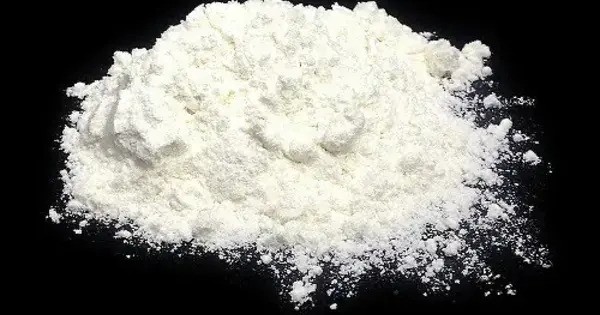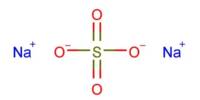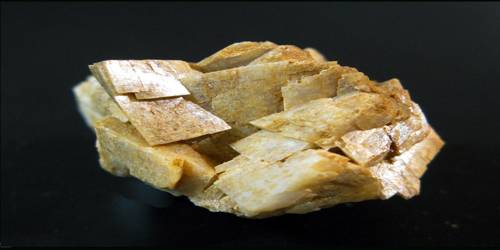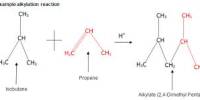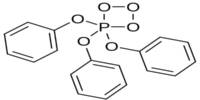Cadmium sulfate is the name of a series of related inorganic compounds with the formula CdSO4·xH2O. It appears as a white crystalline solid and is highly soluble in water. The most common form is the monohydrate CdSO4·H2O, but two other forms are known CdSO4·8⁄3H2O and the anhydrous salt (CdSO4). All salts are colourless and highly soluble in water.
It serves as a reagent in laboratories for various chemical analyses. It is used in the electroplating of cadmium onto other metals to provide corrosion resistance. It is also used in the production of cadmium pigments, which are known for their brightness and durability.
Properties
- Chemical formula: CdSO4, CdSO4·H2O (monohydrate), 3CdSO4·8H2O (octahydrate)
- Molar mass: 208.47 g/mol (anhydrous), 226.490 g/mol (monohydrate), 769.546 g/mol (octahydrate)
- Appearance: White hygroscopic solid
- Odor: odorless
- Density: 4.691 g/cm3 (anhydrous), 3.79 g/cm3 (monohydrate), 3.08 g/cm3 (octahydrate)
- Melting point: 1,000 °C (1,830 °F; 1,270 K) (anhydrous), 105 °C (monohydrate)
- Boiling point: (decomposes to basic sulfate and then oxide)
- Solubility in water: anhydrous: 75 g/100 mL (0 °C), 58.4 g/100 mL (99 °C) monohydrate: 76.7 g/100 mL (25 °C) octahydrate: very soluble
- Solubility: slightly soluble in methanol, ethyl acetate, insoluble in ethanol
Natural Occurrence
While cadmium is not commonly found in nature as cadmium sulfate, it can occur in ores, often associated with zinc and lead.
Industrial Production
Cadmium sulfate is primarily produced from the refining of zinc ores and is used in various applications, including batteries, pigments, and electroplating.
Applications
Cadmium sulfate is used widely for the electroplating of cadmium in electronic circuits. It is also a precursor to cadmium-based pigment such as cadmium sulfide. It is also used for electrolyte in a Weston standard cell as well as a pigment in fluorescent screens.
Safety Concerns
Cadmium and its compounds, including cadmium sulfate, are toxic and can pose serious health risks. Exposure can occur through inhalation, ingestion, or skin contact, leading to potential effects like kidney damage and lung issues. It is toxic and poses health risks, particularly to the kidneys and bones, making handling precautions essential.
